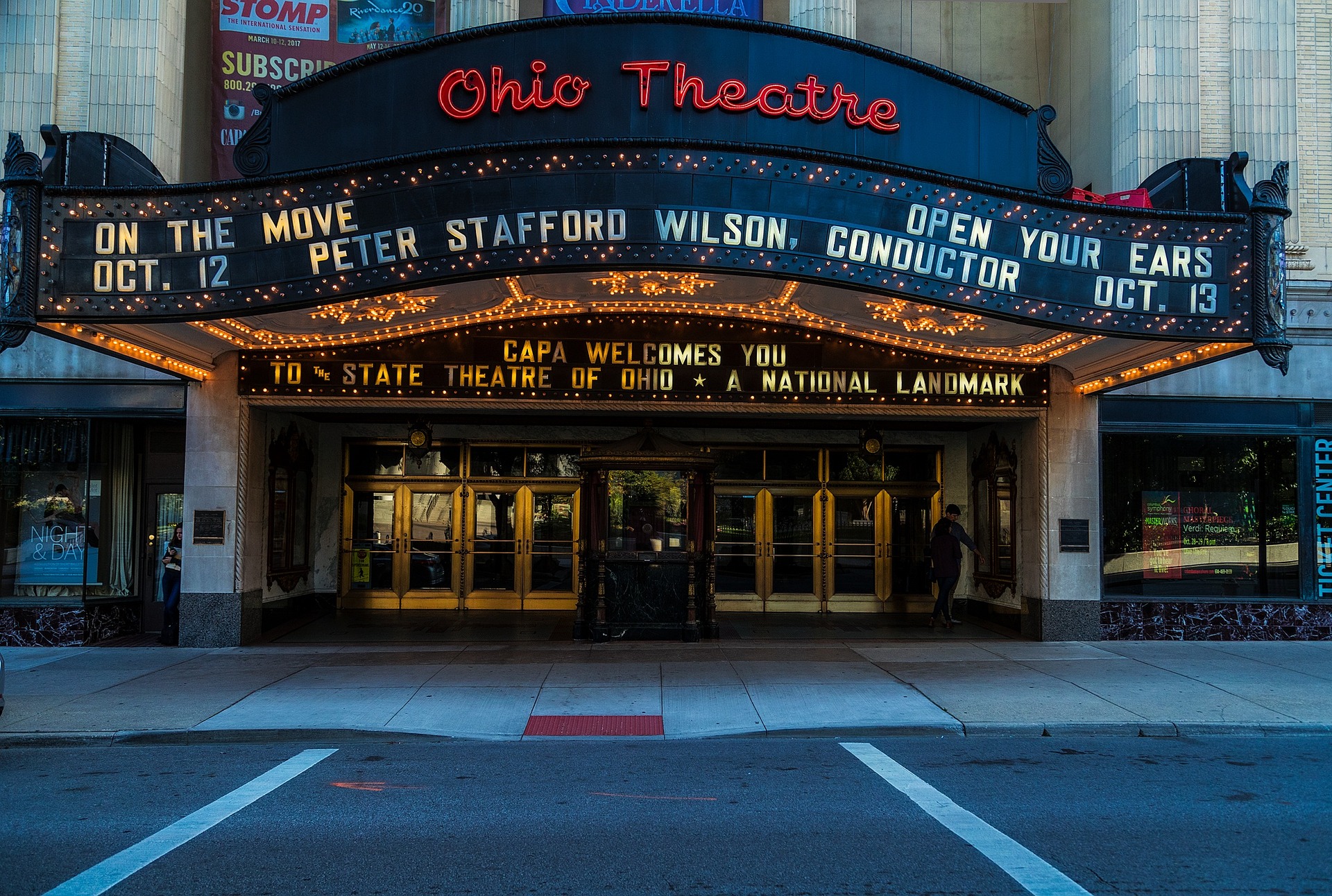How Movie Soundtracks Shape Our Emotions
In the realm of arts and entertainment, a potent blend of visual and auditory elements can create a memorable experience. While the visual aspects of film are critical, the role of movie soundtracks in shaping our emotional responses is a captivating topic that warrants exploration.

The Power of Music: More Than Background Noise
Movie soundtracks are not mere accompaniments to the on-screen action. They are powerful tools that filmmakers use to manipulate audience emotions. Whether it is the ominous Jaws theme signaling approaching danger or the triumphant Star Wars score heralding victory, music significantly influences our perception of the narrative.
The Symphony of Emotions: How Music Affects Our Feelings
Music taps into our emotions, often unconsciously. Through tempo, volume, rhythm, and melody, composers can evoke a vast spectrum of feelings — from hope and joy to fear and despair. This emotional manipulation is a critical component of storytelling, lending depth to characters and heightening the impact of key scenes.
The Role of Leitmotifs: Building Musical Narratives
Leitmotifs, recurring musical themes associated with specific characters or ideas, play a significant part in movie soundtracks. They serve as auditory cues, helping audiences recall past events or anticipate future ones. The haunting notes associated with Darth Vader in Star Wars or the poignant melody accompanying Frodo in The Lord of the Rings are prime examples of effective use of leitmotifs.
The Magic of Film Scores: Unseen Characters
A well-crafted film score is a character in itself, interacting with the visible cast and contributing to the narrative. It can set the mood, provide context, and even act as a narrator. The unforgettable Psycho score, for instance, not only heightens the horror but also serves as an unseen, menacing presence throughout the film.
The Art of Silence: Making Music by Its Absence
Equally important in a film score is the strategic use of silence. By abruptly cutting the music or leaving lengthy pauses, composers can create tension, surprise, or a sense of emptiness. The absence of music can be just as impactful as its presence, as demonstrated in films like No Country for Old Men.
Useful Tips and Facts:
- Film scores are often composed after the film has been edited, allowing the composer to tailor the music to the visuals.
- Some directors and composers collaborate closely, such as Steven Spielberg and John Williams, who have worked together on over 30 films.
- Iconic film scores, like those for Jaws or Star Wars, have become cultural touchstones, recognizable even to those who have not seen the films.
- The use of pre-existing music, or needle drops, is another popular technique in film scoring.
- Some films intentionally lack a traditional score, relying on diegetic music (music originating within the film’s world) or silence to create effect.
In conclusion, movie soundtracks play an instrumental role in shaping our emotional responses to film narratives. They are more than just background noise; they are key narrative devices that manipulate our feelings, build associations, and contribute to the storytelling process. Next time you watch a film, pay close attention to the soundtrack - you might be surprised by how much it influences your experience.




